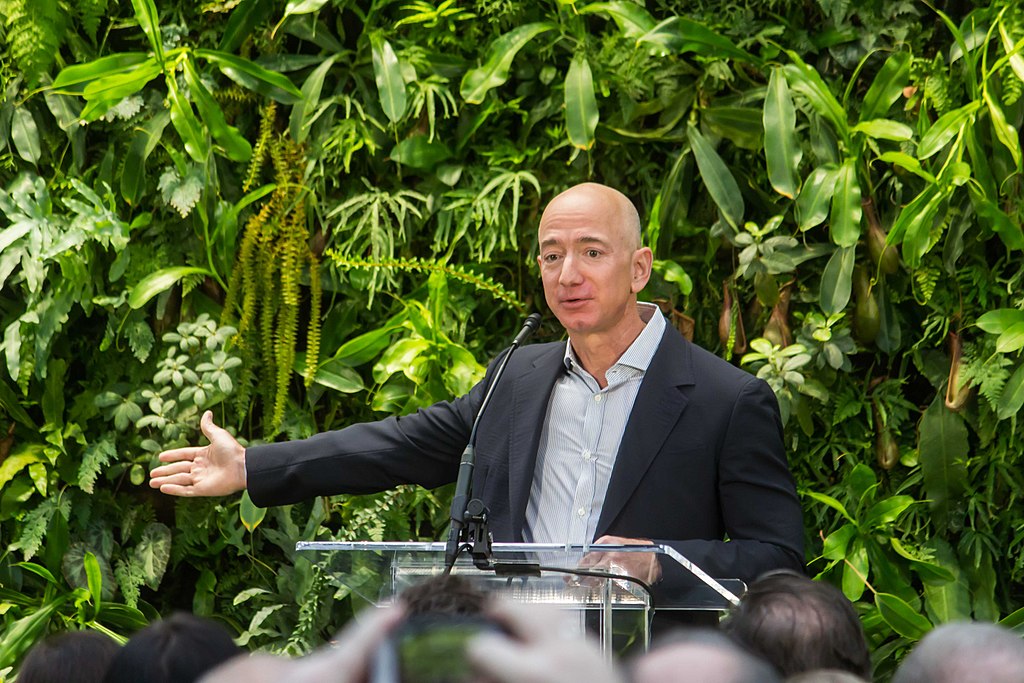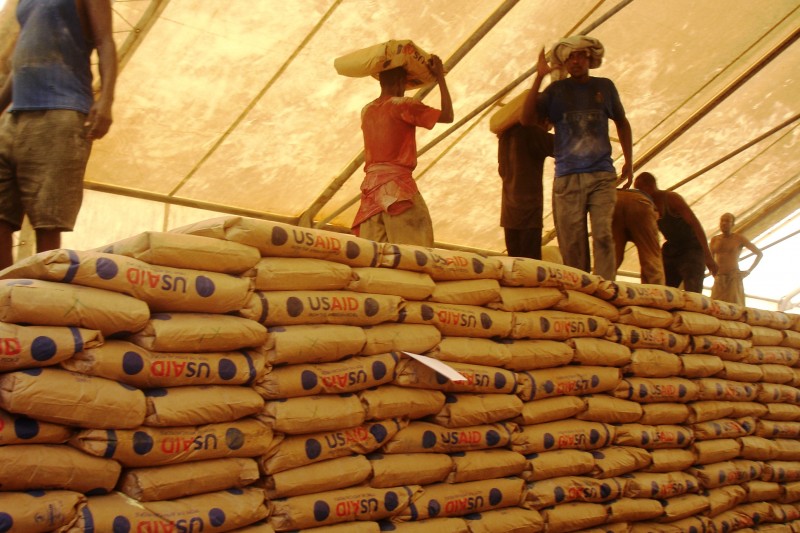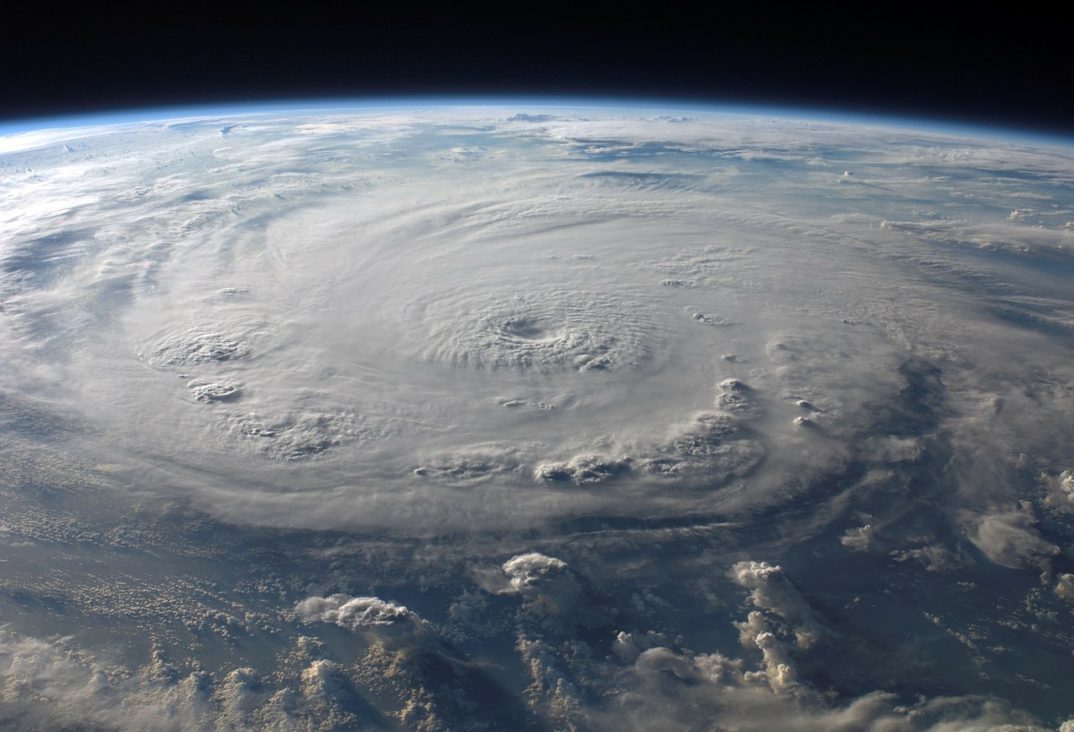Jeff Bezos, founder of Amazon and richest man in the world, announced on the 13th of September that he would dedicate $2 billion to finance a network of preschools and tackle homelessness in America.
This move is controversial for a number of reasons, perhaps primarily given the relative amount of funds dedicated to Bezos’ spectacular fortune of 164 billion dollars. The two billion dollars amounts to 1.2 percent of Bezos’ fortune. Bezos has long been criticized for his lack of commitment to philanthropic work, and is the only American in Bloomberg’s top 5 world’s richest people who hasn’t joined the Giving Pledge, which would commit him to donating at least 50% of his fortune to charity.
Andrew Carnegie, who was the richest man in the world in 1899, wrote about the moral obligation of the wealthy in an essay entitled The Gospel of Wealth: “The man of wealth thus becoming the sole agent and trustee for his poorer brethren.” Carnegie spend approximately 90% of his wealth on public programs and scientific discovery. It’s noteworthy that during that era, the tycoons who earned their massive wealth through monopolies and breaking labor unions operated in a society pre-New Deal, so that government assistance programs of the twentieth century were not yet established.The philanthropic work of the barons like Carnegie and Rockefeller that paid teachers and established libraries were a sharp contrast to the working conditions of their employees.
The conditions of Bezos’ own employees have been raked over in the news for years, creating a contrast between his wealth and the conditions of employees that allow his fortune to amass. Amazon floor workers have been reported to resorting to sleeping in tents in the warehouses in which they work and urinating in bottles in order to meet work quotas. Amazon is one of the country’s top employers whose employees receive food stamps. When those under Bezos’ direct influence are living in such conditions, his recent philanthropic announcement seems hypocritical or a media grab.
Beside concerns over publicity, the real impact of the charitable contribution of the mega-rich raises real moral questions. In a society that allows such drastic inequality that there are individuals that have amassed enough wealth to create programs to dramatically alter the lives of significant swaths of worse-off, is donating from their fortune a sufficient act of benevolence, discharging their moral burden for benefitting for the inequality-sustaining society? A recent critique by BBC news references Anand Giridharadas, “whose book Winners Take All tackles the so-called ‘charade’ of modern philanthropy, characterises Carnegie’s approach as ‘extreme taking followed by extreme giving.’ The super rich,” he argues, “stop short of ‘transforming the system atop which they stand.’”
To further complicate the moral evaluation of Bezos’ charitable actions, Senator Bernie Sanders recently claimed that Amazon paid no federal tax in 2017. This draws out the questions of responsibilities of corporations and businesses to contribute to society. While many of Bezos’ workers rely on government support programs, the corporation they work for does not support those programs.
In such circumstances, what obligations does the founder of the corporation, who can make nine billion dollars in two days, have to society, the government, and his workers? Bezos’ philanthropic move can be read as prioritizing private subsistence assistance, sidestepping government support that taxation would help, or directly supporting his employees by providing employment that would allow members of society to live without working multiple jobs and relying on government assistance.
With Bezos, the contrast between working conditions and philanthropic goals remains, but today it is less clear what the obligations of the wealthy are towards society en masse. The issue of what corporations owe to society is a complicated one in business ethics, for businesses are purportedly aimed at profit, not beneficence, but what obligations remain for the individuals that gain from the profits of the businesses like Bezos, Buffet, Musk, etc.? When individuals have enough money to effectively run government programs of their own, while not paying taxes, the influence on society and the public good is significant.
When the public rely on the charitable feelings of the super-wealthy, and these wealthy individuals and their corporations can so easily side-step contributing to government programs via taxation, then problems of society become even more difficult to tackle. Public education, a long-term legislative log-jam, has attracted a number of uber wealthy, Bezos included. The water crisis in Flint, Michigan has been most attended to by private charities rather than the government. Elon Musk is currently addressing the problem along with celebrities such as Will Smith, the Game, and Eminem.
The obligations of individuals with wealth are complicated. As Giridharadas points out, the origin of one’s wealth is morally significant, and if there are massive inequalities between the wealthy and poor, or if the wealthy continue to rely on an economically exploitative system, it suggests there are real moral obligations on the wealthy. It may be wrong to remain that wealthy, to not take action using that wealth to adjust the system to produce less inequality, and to ensure that the production of wealth does not rely on unjust working conditions. The ways in which private philanthropy can undermine government efforts further complicates these questions — when should individuals step in where government fails and when should individuals work to adjust the way that government is being sensitive to the needs of society so that it won’t fail in the future?
Individuals with great wealth must grapple with these moral issues. The Giving Pledge is an overt statement that it does not make sense (potentially morally) for individuals to have as much money as those that top the Forbes list currently do. The amount of money that it would be permissible to keep, and what to do with the surplus, is difficult to determine, perhaps, but these observations put pressure on the complicity of the wealthy in an economic and political system that could be more morally permissible.




